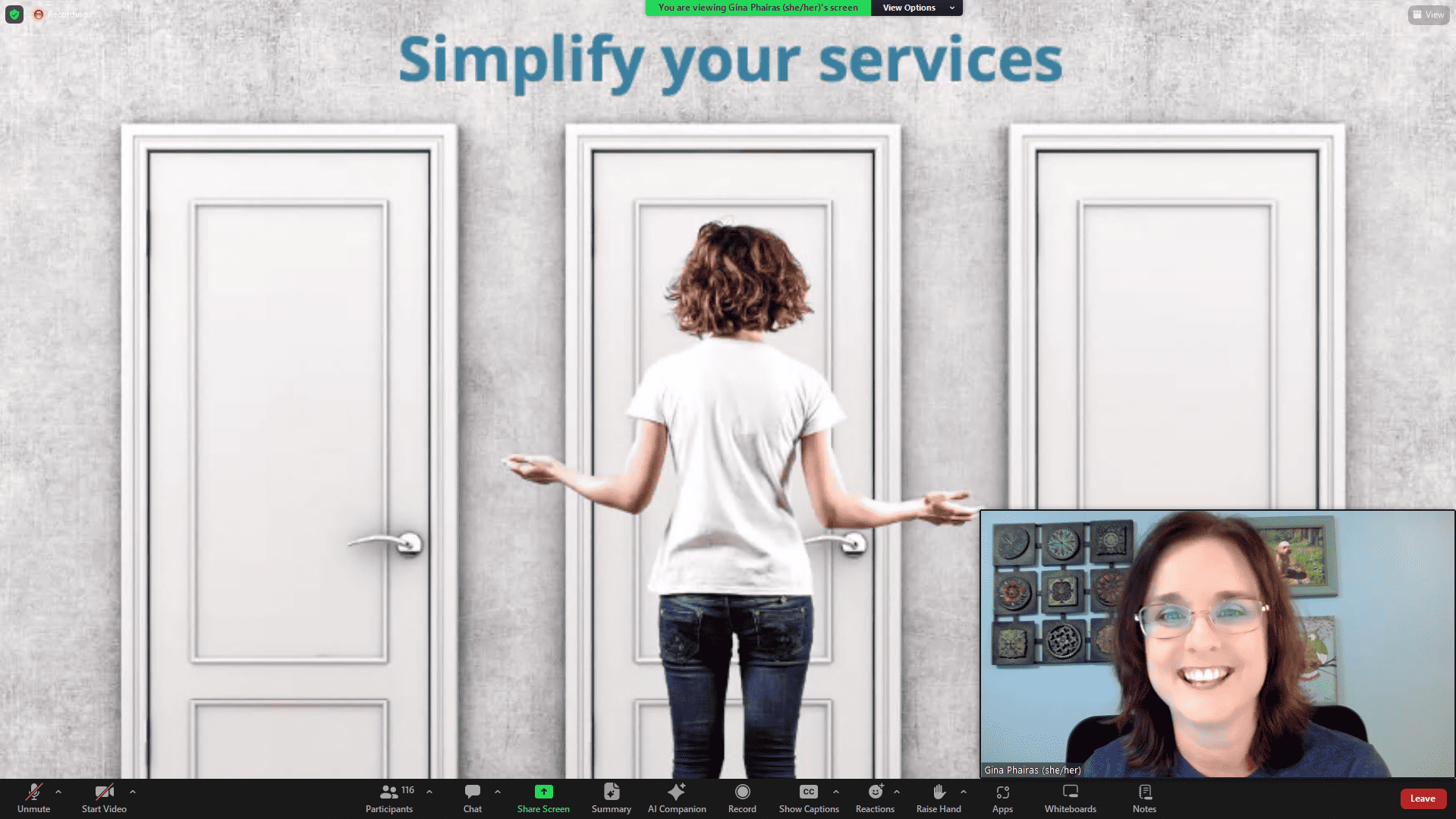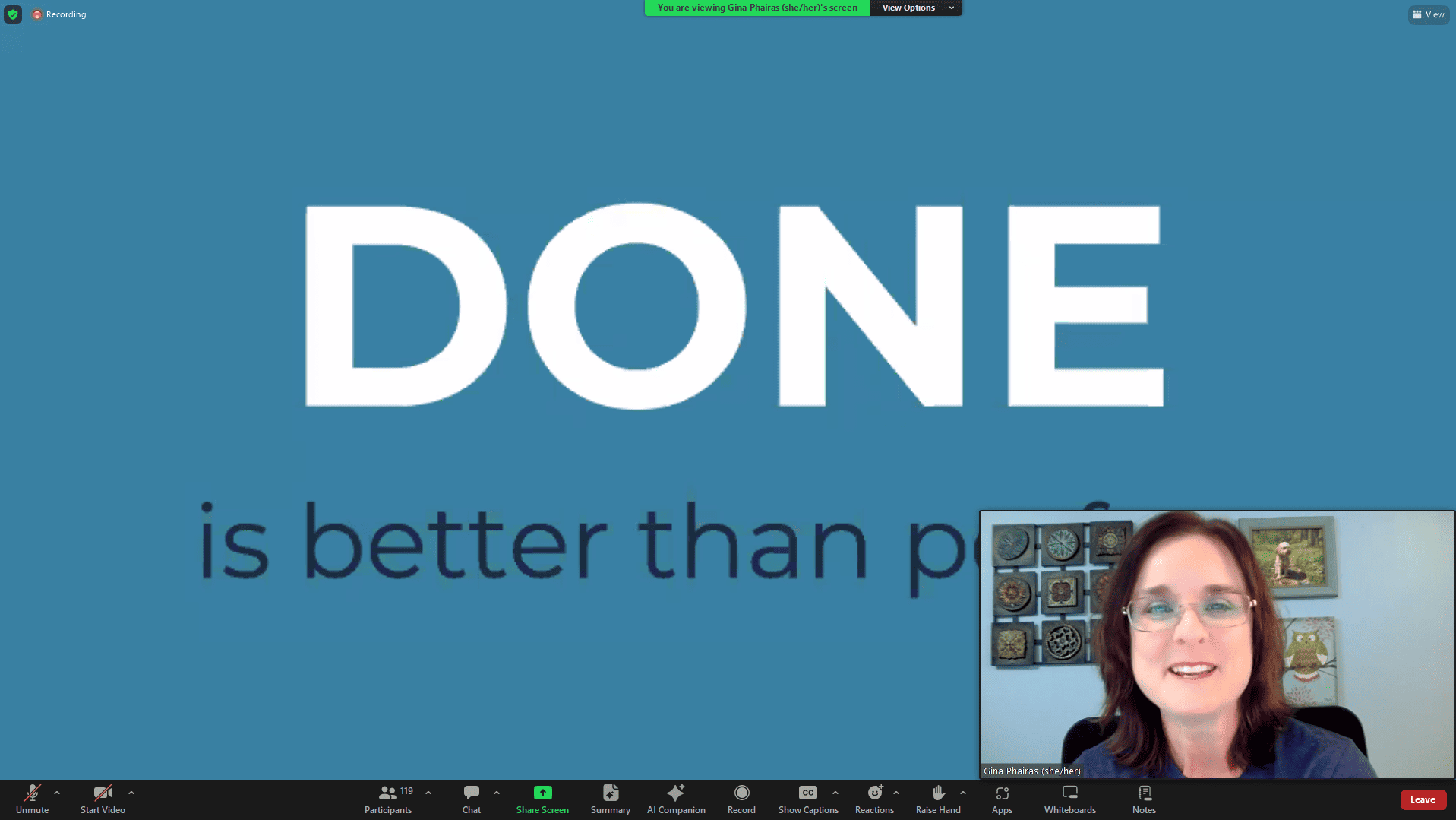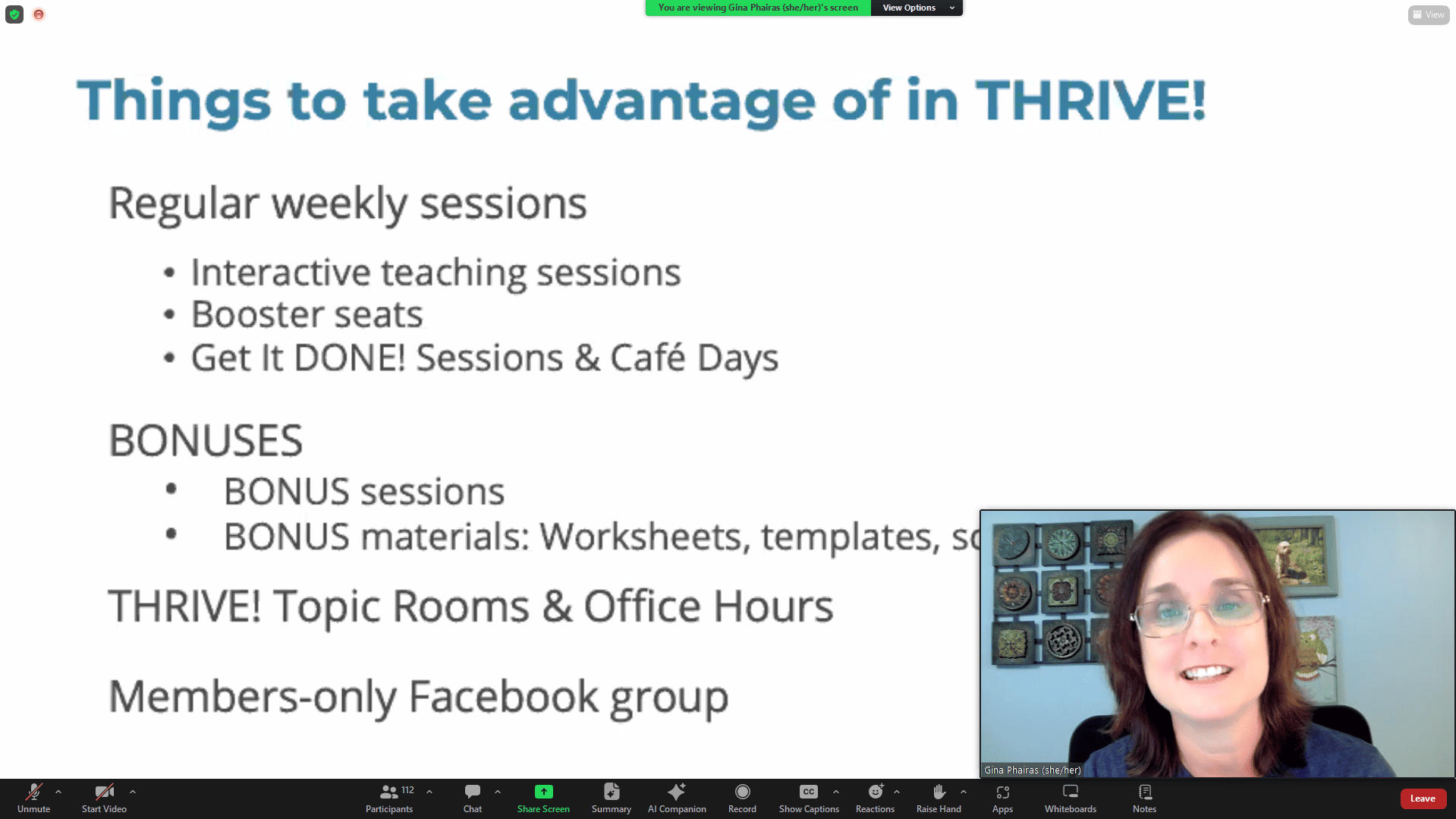4 Key Dog Training Business Tips I Learned from DogBiz

Whether you are a dog trainer interested in starting your own dog training business, or you already have one, I can’t recommend enough the value that DogBiz provides their clients. I recently attended DogBiz’s free seminar, Mastering the 3 Ss in Your R+ Dog Training Business, and in less than an hour, I had 3 pages of notes related to finding success in your dog training business, and those were only the highlights.
Below, I will share with you the top 4 key takeaways I got from their presentation to help you find success in your dog training business. Before we jump in, it’s important to note who DogBiz is and what they do.
About DogBiz
Founded by pet experts and advocates, Veronica Boutelle & Gina Phairas, DogBiz is a one-stop-shop for dog training and dog walking business resources. They offer an array of toolkits to save you time drafting up forms or client resources. If you are looking for some simple education, you can find it in their on-demand course library. Most valuable though are their consulting services. They offer both one-on-one programs and group consulting through their Thrive membership.
DogBiz, formerly Dog*Tec, has been supporting dog walking and training businesses since 2003. Their team is small, but each member is an expert in the field. Veronica Boutelle is the author of How to Run a Dog Training Business and regularly writes for industry publications. Gina Phairas is a former dog training school instructor who you may see speaking at some of the largest industry expos and seminars. The rest of their team is made up of a handful of dog trainers and dog walkers who are all passionate about improving the lives of pets through positive reinforcement training methods.

Key Takeaway #1: Less is More
In building a successful pet-related business, several key principles should be considered. Firstly, it's crucial to understand your client base and work closely with them. Recognize that you can't cater to everyone; instead, identify your target audience and establish your niche. By doing so, you'll be able to provide specialized services that better resonate with your clientele. This not only enhances customer satisfaction but also helps you focus your marketing efforts effectively.
Secondly, the concept of simplicity is paramount. Streamlining your services and offering fewer options to your clients can make their decision-making process more straightforward. This reduces the friction and prevents the "paralysis by analysis" phenomenon that can deter potential customers.
In terms of client training, it's essential to simplify the process for them as well. Provide accessible, high-quality content that is easy for laymen to understand. This approach increases the likelihood of their success in working with their pets. Focus on teaching a limited number of crucial cues, as this will prevent clients from feeling overwhelmed and encourage positive results.

Key Takeaway #2: You Can’t Do All the Things
In order to achieve success and maintain a balanced life, it's essential to implement several key strategies. Firstly, setting clear goals and making them a top priority is crucial. By defining your objectives and ensuring they remain at the forefront of your focus, you increase your chances of achieving them. Whether these goals pertain to your personal life or career, clarity and prioritization are fundamental.
To effectively manage your time and maintain a healthy work-life balance, creating a master schedule is indispensable. This schedule should accommodate not only your professional commitments but also personal downtime. It ensures that you allocate time for essential tasks while leaving room for relaxation and self-care.
Clearing your plate with the "3 Ds" is another important tactic for efficient time and task management. This involves categorizing your responsibilities into "Do It," "Delegate It," or "Drop It." Concentrating on your top priorities and delegating or letting go of less critical tasks allows you to optimize your productivity and maintain focus on what truly matters.
Part of this process involves getting comfortable with the idea of letting things go. It can be challenging to relinquish control, but recognizing that some responsibilities can be delegated or simply dropped from your to-do list is essential for preventing overwhelm and maintaining balance.
Lastly, learning to say "No" is a skill that empowers you to set boundaries and protect your time and energy. It ensures that you don't overcommit and helps you maintain control over your schedule and priorities. By implementing these strategies, you can increase your efficiency, reduce stress, and cultivate a healthier work-life balance.

Key Takeaway #3: Done is Better than Perfect
In the world of dog training and pet services, several factors can hinder professionals from realizing their full potential. Imposter syndrome is a prevalent issue, primarily due to the absence of strict licensing standards for trainers. This lack of uniform requirements can sometimes lead trainers to question their qualifications, even if they possess the necessary skills and experience. Overcoming this self-doubt is crucial for pet professionals to confidently provide their services and establish themselves as experts in the field.
Perfectionism is another obstacle that often plagues those in the industry. The relentless pursuit of perfection can slow down progress significantly. Dog trainers and pet professionals may find themselves caught in a never-ending cycle of refining their techniques and materials, which can hinder the growth of their businesses. Recognizing that imperfections are a natural part of any endeavor and learning to strike a balance between quality and efficiency is essential to move forward.
Fear of failure is the third challenge that affects the confidence of pet professionals when it comes to selling their services. The concern of not meeting clients' expectations or experiencing setbacks can paralyze trainers from actively promoting their expertise. Embracing failure as a learning opportunity, rather than a reflection of one's competence, is crucial. By doing so, pet professionals can build the confidence needed to effectively market and sell their services, ultimately advancing their careers in the competitive pet industry.
Addressing these obstacles – imposter syndrome, perfectionism, and the fear of failure – is essential for pet professionals to break free from self-imposed limitations and achieve success in their businesses. Confidence, competence, and a balanced approach to their work can propel them forward, allowing them to thrive in the pet services industry.

Key Takeaway #4: We are Better Together
The dog training industry has historically been marked by division, hindering its potential for unity and collective growth. This fragmentation within the industry has prevented professionals from working together effectively, sharing knowledge, and fostering collaboration. Consequently, it has often hindered the industry's progress and limited its ability to address shared challenges.
However, there is a growing recognition of the benefits of collaboration within the pet industry. Working with others in the pet field, such as trainers, pet professionals, and business owners, can be a powerful and empowering experience. This collaborative approach not only helps prevent burnout, which can be common in this demanding field, but it also aids in overcoming shared challenges. By uniting efforts and sharing expertise, professionals can find collective solutions to issues like animal behavior, business development, and industry standards.
Furthermore, collaboration is a win-win for all parties involved. It fosters a sense of community, enables the sharing of best practices, and ultimately enhances the overall well-being of the animals in their care. By breaking down the barriers of division and fostering a spirit of cooperation, the pet industry can work together more effectively, ensuring better outcomes for both professionals and the pets they serve.
In Summary
Veronica and Gina put on a great presentation. Not only was the information insightful, but they backed it up with evidence and years of experience supporting other dog training businesses. Of course, starting and growing a successful dog training business takes more than you can learn in a 1-hour seminar, their presentation hit the nail on the head for some top priorities petpreneurs need to look at to succeed in this ever-changing industry.
If you feel stuck in your training business or you are just considering becoming a dog trainer, it's never too late to start planning your business. I highly recommend connecting with the team at DogBiz.
How DogBiz Can Help You
Discussed at the end of their presentation, DogBiz provides group consulting services that only opens one time per year for new members. They call the program Thrive and it seems to provide a high value for little cost. Instead of one-on-one consulting for your dog training business, Thrive offers a group setting with organized curriculum and regular meetings. Start the process by learning more about Thrive, but open enrollment is from 11/8/2023 to 11/14/2023, so if you are interested, the clock is ticking.
 Author - Joseph Schifano
Author - Joseph Schifano
Joseph Schifano is the owner and President of The Academy of Pet Careers. With over 20 years of experience working in the pet field, managing large scale pet care businesses, he has experience in every facet of the industry. Joseph's focus is primarily on the business of pet care but his passion is in understanding animal behavior how a dog's brain works so we can improve the care we provide as pet professionals. He is a huge advocate for Pet Empowerment and Force Free training methods. Read more in Joseph's full bio.

